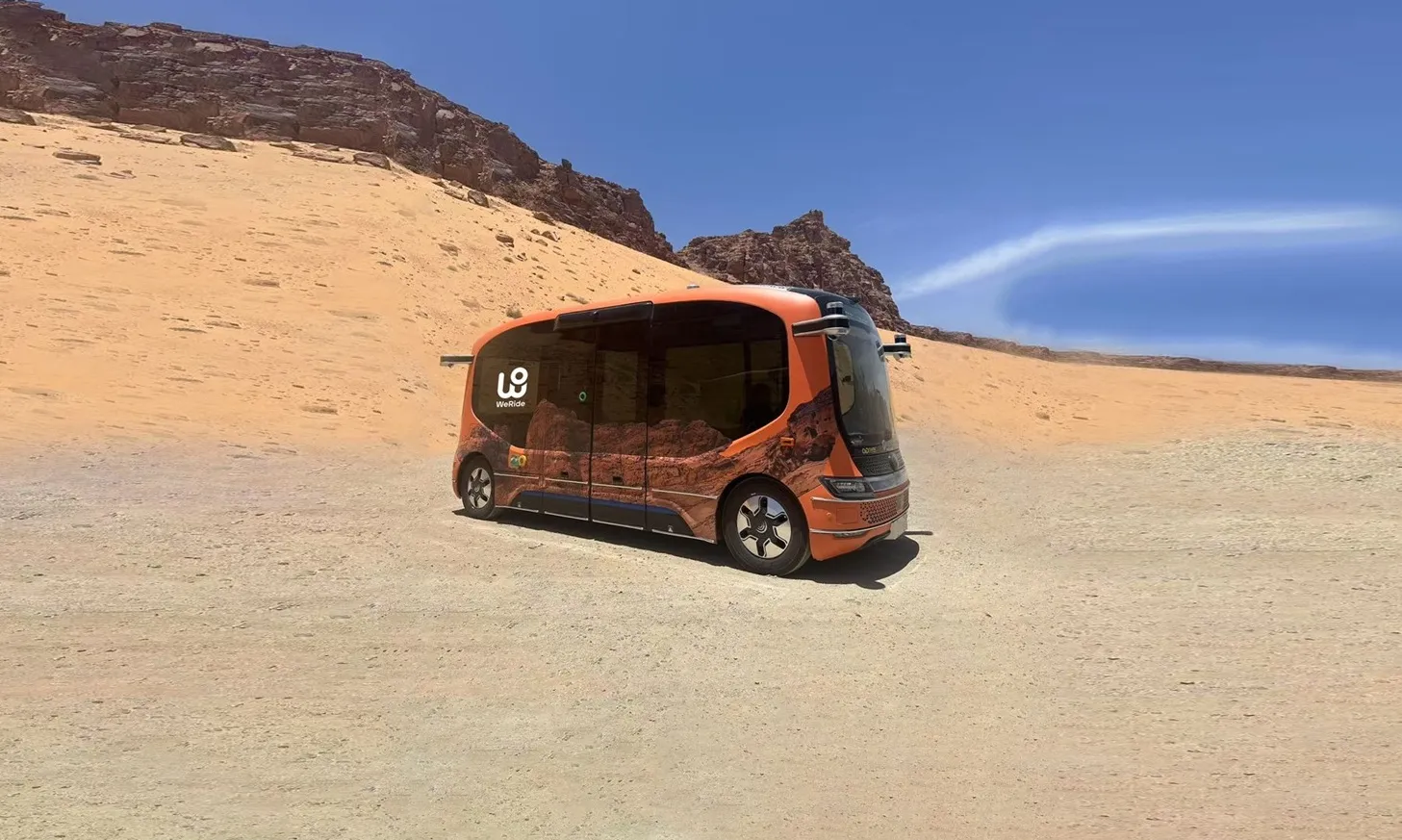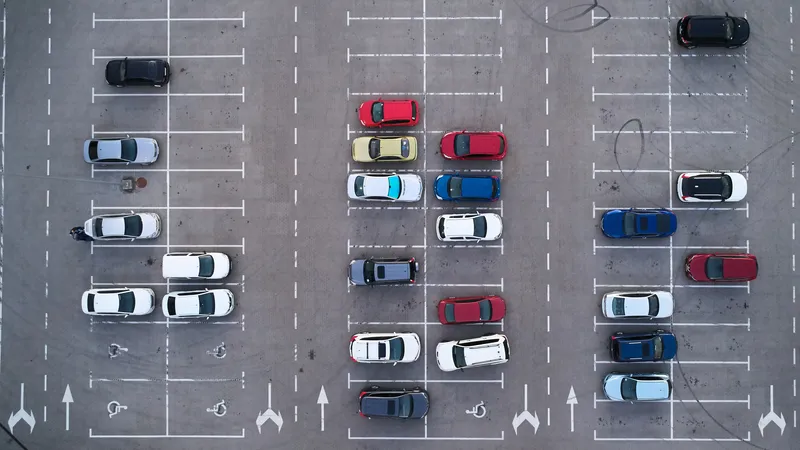
WeRide is expanding into Saudi Arabia, testing its autonomous vehicles in cities in preparation for wider deployment.
The firm says it will be launching robotaxi trial operations in Saudi Arabia on Uber in the coming months, with full commercial services expected late this year.
The firm says the roll-out, with help from the country's Transport General Authority, "supports Saudi Arabia's Vision 2030 ambitions to build smart, sustainable cities by enhancing road safety, improving traffic management, and introducing innovative, technology-driven mobility solutions".
WeRide's Robobus has been tested in King Fahad Medical City, Aramco residential communities, AlUla, and the Ritz-Carlton, Riyadh.
The Level 4 AV is designed to address last-mile transportation gaps and complement transit networks such as Riyadh Metro.
Last month, WeRide and Uber announced they were bringing robotaxis to 15 additional cities globally, following a launch in Abu Dhabi in United Arab Emirates (UAE). WeRide's robotaxis will soon be available in Dubai, UAE, on Uber's platform, the firm says.









